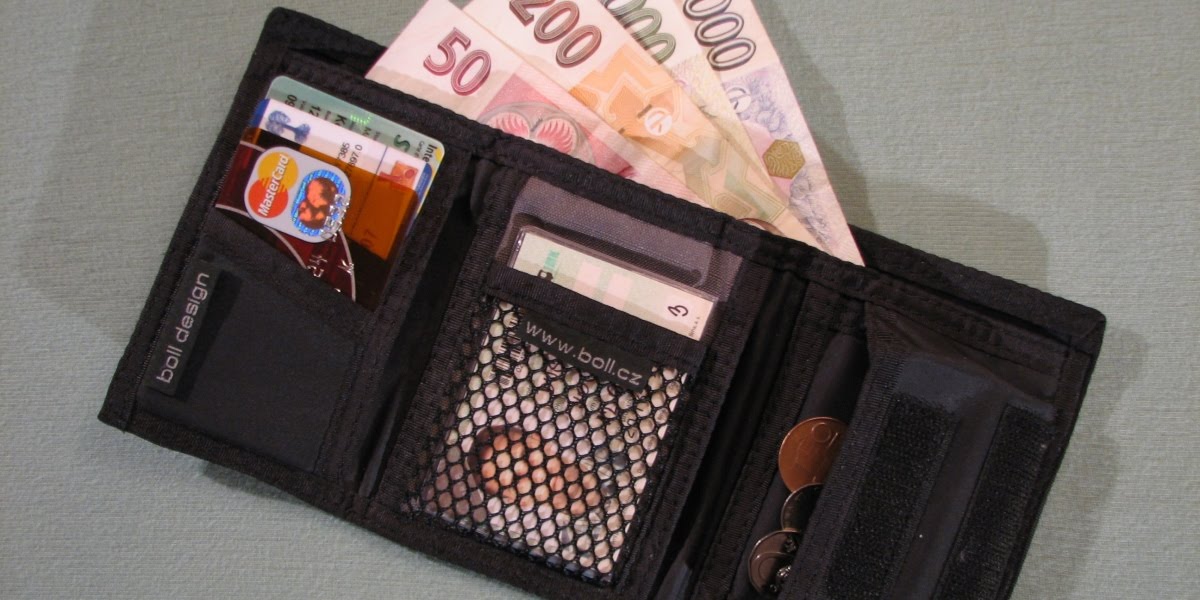How to Get Czech Koruna (CZK) Before Your Trip to the Czech Republic?

Converting your local currency to Czech koruna (CZK) can be tricky in many countries. In most places outside of Central Europe—such as banks, exchange offices, and postal services—the Czech koruna is considered a rare currency and is often unavailable for direct exchange. As a result, travelers frequently need to convert their local money (e.g., shekels, rupees, pesos) into euros or US dollars first, and only then into CZK once they arrive in the Czech Republic. This process incurs double conversion fees: once at home and again upon arrival.
However, during peak tourist seasons—especially summer—some currency exchange providers do stock CZK due to high travel demand. It’s worth checking with your bank or a local currency exchange service to see if they can supply koruna, or even pre-order the amount you need before departure.
What to Do if You Can’t Find CZK in Your Country
- If you already have euros or US dollars: Exchange them into CZK at a local exchange office once you arrive in the Czech Republic.
- If you only have your local currency:
- For small amounts (transportation, water, public restrooms): You can convert a small sum at your departure airport, though exchange rates at airports are usually unfavorable. Use this option only for urgent needs.
- For larger amounts: Use your debit or credit card to withdraw CZK directly from ATMs in the Czech Republic. This usually offers better exchange rates and is more convenient.
Some airports, including Prague and major international hubs, may have currency exchange counters that provide CZK on demand or even home delivery via courier services.
Understanding the Czech Koruna
The Czech koruna (Koruna česká, abbreviated as Kč or CZK) has been the official currency of the Czech Republic since February 8, 1993, following the peaceful split of Czechoslovakia into the Czech Republic and Slovakia. Slovakia later adopted the euro, while the Czech Republic retained its national currency, converting the former Czechoslovak koruna at a 1:1 rate. This decision helped the Czech economy maintain lower prices compared to eurozone countries, which is one reason why investing in the Czech Republic remains appealing.
The koruna is divided into 100 “haléř.” Since 2008, coins in use include 1, 2, 5, 10, 20, and 50 CZK. Banknotes are issued in denominations of 100, 200, 500, 1,000, and 2,000 CZK. A 50 CZK banknote still circulates but is less common. Although the adoption of the euro was originally planned for 2012, it has been postponed indefinitely.
For current exchange rates and an easy-to-use CZK converter, visit: Currency Calculator
Quick Tips
- Carry both cash and an international credit/debit card.
- Avoid exchanging large sums at airports.
- Withdraw CZK from ATMs in the Czech Republic when possible.
Have a great trip to the Czech Republic!
FAQ
Can I get Czech koruna before my trip?
Yes, in some countries you may find CZK at local currency exchange offices—especially during the summer. If not, you may be able to pre-order.
Should I bring a credit card to the Czech Republic?
Absolutely. In case your cash is lost or stolen, having an international credit or debit card ensures you can still pay or withdraw funds.
Is it worth investing in Czech real estate?
Yes. Since the Czech Republic retained its national currency, property prices have remained lower than in eurozone countries, offering favorable investment opportunities.





